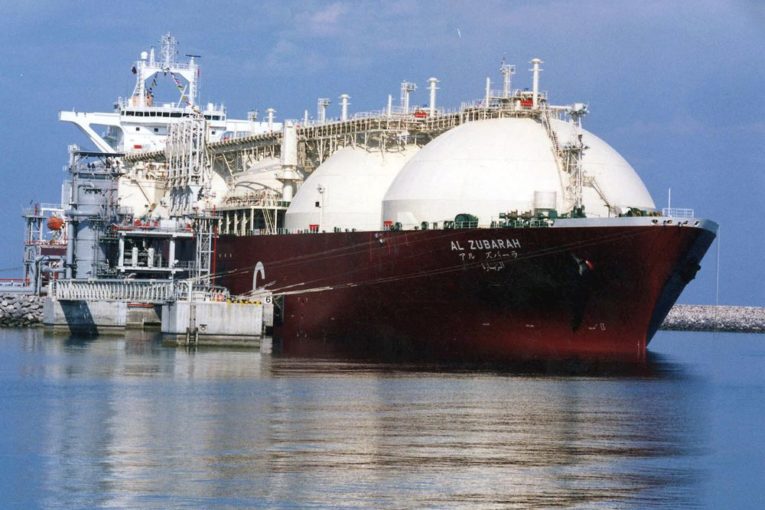
SINGAPORE — A record amount of liquefied natural gas (LNG) production is expected to get the green light in 2019 amid strong global demand, especially from China, analysts said.
A final investment decision (FID) could be taken on more than 60 million tonnes per annum of LNG capacity this year, well above the previous record of about 45 million tonnes in 2005 and triple last year’s 21 million tonnes, Wood Mackenzie’s research director for global gas and LNG, Giles Farrer, said.
The new capacity would bulk out the pipeline of gas set to come on stream in coming years, adding to the more than 320 million tonnes of LNG shipped globally in 2018, according to shipping data in Refinitiv’s Eikon.
“If you have seen the potential demand for LNG, you have seen costs where they are now … that is motivating companies to push projects forward and motivating buyers to come forward to support some of these projects,” Farrer said.
Frontrunners this year include the US$27 billion Arctic LNG 2 project by Russia’s Novatek, at least one project in Mozambique and three in the United States, Woodmac said in a report to its clients.
The three potential U.S. projects are Qatar Petroleum’s Golden Pass joint venture with Exxon Mobil Corp. and ConocoPhillips, Venture Global LNG’s Calcasieu Pass project, and Cheniere Energy’s Sabine Pass train 6, the consultancy said.
Canada’s Woodfibre LNG project, developed by Singapore-based Pacific Oil and Gas, may also get the go-ahead in 2019, WoodMac said.
New projects typically take several years to develop, with many of those under consideration likely to be ready to ship gas in the early 2020s if approved.
A final investment decision on Golden Pass is expected by this month, while a decision on Sabine Pass 6 is expected in the first quarter and one on Calcasieu Pass is expected in the first half.
Amid a plethora of potential new production from Russia, Australia, East Africa and the United States, top 2018 LNG exporter Qatar is also expanding.
“Qatar is recognizing that it needs to capture demand for its LNG now, so it’s bringing forward its projects,” Farrer said.
“Now is a good time to invest. If you look at industry costs, they have really come off a cliff from two to three years ago. So if you’re investing now, you’re investing in the bottom of the cost cycle,” said Farrer.
… industry costs have really come off a cliff from two to three years ago
Wood Mackenzie research director for global gas and LNG Giles Farrer
Other projects awaiting FID include train 7 of Nigeria LNG, and a three-train expansion in Papua New Guinea, although some projects are widely expected to be pushed into the 2020s.
Huge increases in China’s demand growth as part of a program to shift households and factories from coal to gas increased LNG import dependency in Europe, and a backlash against dirtier coal is driving optimism in the industry.
LNG supply will already grow by an estimated record 40 million tonnes, or 13 per cent, this year, potentially putting pressure on Asian LNG prices, currently around US$9 per million British thermal units.
Most of this year’s new supply will come from the United States with new trains at Cameron LNG, Corpus Christi LNG, Elba Island LNG and the Freeport LNG startup, said Edmund Siau, analyst at FGE.
In terms of demand, China continues to post strong growth while Europe could also see increases after years of stagnation, growing by about 20 million tonnes and playing a key role in absorbing new American supply, Siau said.
But risks loom, especially from the U.S.-China trade war that threatens global growth which, in turn, could pull down oil and gas prices and delay or cancel FIDs, analysts said.
You can read more of the news on source
